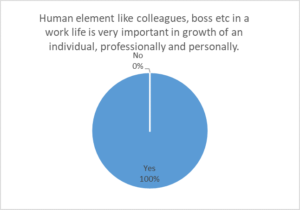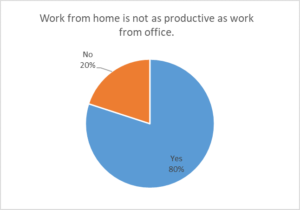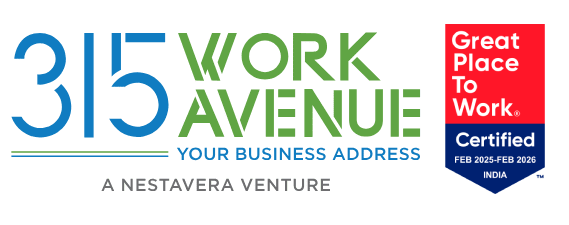The future of work model.
Research Objective: To find the readiness of companies, employees and system for hybrid work model.
Identify key factors that affect the hybrid work model.
Research construct.
- Emotion and Culture
- Infrastructure
- Company productivity
- Change in system
Key Takeaway.
Work from office is considered more productive than work from home. Hybrid work model could be implemented provided the entire system is ready and move towards it steadily.
Short term and long term changes.
The short term changes to accommodate a hybrid work culture would be re review the company cultural practices and the business model.
Our entire eco system is built on the fact that we go out to office to work 5-6 days a week. This cannot be changed overnight; the adaptation from the organisation and from the people will take time. This needs long term commitment and consistent changes.
Key Takeaways:
63% prefers work from office

57% of them say it is difficult to set KPI and monitor it in a hybrid work model.

55% of them think the cost of living gets affected with a hybrid work model.

73% of them agree that its easy to adapt to hybrid work model.

94% of them trust that keeping work away from home physically is important.

86% of them believe a sense of belonging and trust is built better at office environment

100% of them agree that human element like colleagues, boss etc in a work life is very important in growth of an individual, professionally and personally.

91% of them believe working in office inculcates discipline in working style.

80% of them believe work from office is more productive

89% of them think hybrid work model is better for city’s infrastructure.

Wayforward:
There are businesses that is agile for adapting to hybrid model and there are individuals that are made for this kind of culture, the change at both end is definitely a long journey. The change is going to be slow but if done steadily it is a something we all could get used to.
What experts say:
Shilpa Chitre (Talent Lead – WPP India): Office employees across the world have discovered that hybrid working brings the best of both worlds – the flexibility of remote working and the collaborative energy of a workplace.
Shiv Subramaniam (Consultant – Mentor for Change): Long way to go before the book is written.
Vivek Chandrashekhar (Head of external marketing – Azentio): The hybrid model considers a company’s operation costs, sustainability, and takes into consideration the mental health toll of working continuously from either home or the office. It is a positive move away from traditional structures.
Salloni Aroraa (Director Marketing – Dealshare): I think that’s the norm of today. A lot of organizations, have succeeded in making this model work and some are still struggling. The hybrid work model needs to be understood better in terms of Trust, Balance, getting work done, establishing best practices of communication and basis varying experience understanding which model of Hybrid to adopt.
V C John (Head sustainability Innovation – Accenture growth markets): Embracing the principles of the Fourth Industrial Revolution is key to reimagining the future of Work, which ultimately will be hybrid. Period.
Isha Pant (DCP Command Centre Bengaluru): Hybrid will cater to all kinds of people; industries have to see how suitable is it for their work model. However, it doesn’t change much for government employees. Working from office will impact women more since day care facilities are currently not open for children, organisation should consider that as well when calling employees to office.




